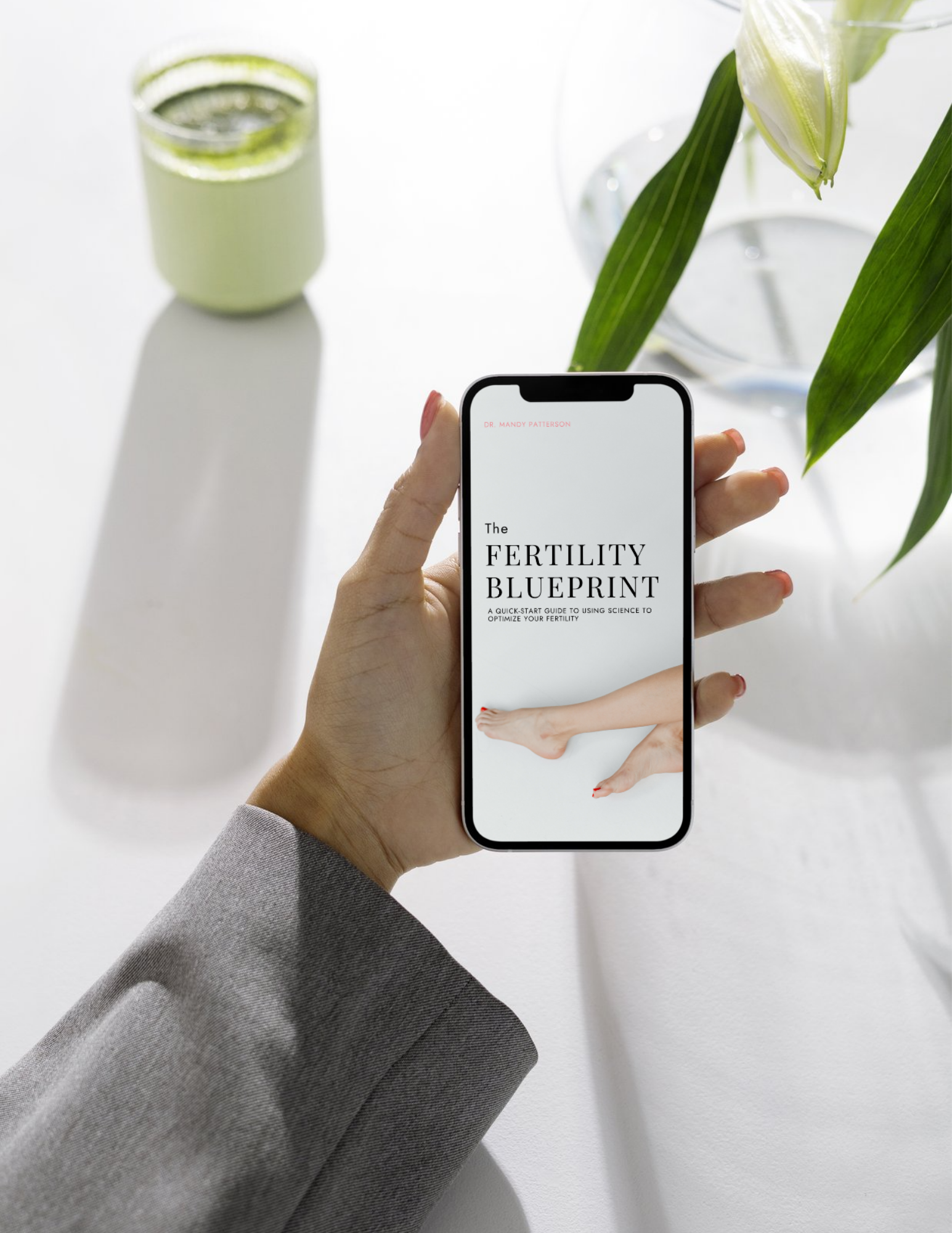“You are what you eat” is a maxim often thrown around in the health coaching world. While you won’t get rolled around by an Oompa-Loompa because you turned into a human-sized, juicy blueberry (sorry Violet), your overall health does reflect what you put into your body.
Among all the trendy diets and food fads, a whole foods diet is the best one you could choose.
Not to mention, with all the different choices at the grocery store, it can be hard to know what is healthy and what’s flashy marketing. Fruit Loops, Cheerios, and Little Debbie Brownies may taste good, but do they actually fill you up?
Highly processed foods will satisfy your sweet tooth but they are void of many nutrients and won’t keep you satisfied when all is said and done. It’s like wearing a faux diamond ring, it may look pretty but it won’t stand the test of time.
In this article, you’ll learn,
- What is a whole foods diet?
- Foods to avoid on a whole foods diet
- Health benefits of a whole foods diet
- How to eat more whole foods
- How to start a whole foods diet
What is a Whole Foods Diet?
The whole foods diet is less of a diet and more of a lifestyle aimed at maximizing your intake of whole fruits and vegetables. Simply put, a whole foods diet emphasizes eating and cooking foods that are fresh and as close as possible to their natural state. Foods that are minimally processed and don’t contain added ingredients like added sugars or preservatives are considered whole foods.
For example, whole foods such as fruits, vegetables, whole grains, seeds, nuts, and legumes all contain beneficial nutrients and vitamins. They also retain their natural fiber which is typically stripped in processed foods.
It’s important to note that most foods have been processed to some degree. Cooked, canned, frozen, packaged, or nutritionally altered foods are all considered processed. Any time a food is prepared or cooked it’s processed to a degree.
On a whole foods diet, it is okay to have lightly processed foods. For example, your 90-second microwaveable brown rice is a nutritional powerhouse. Plus, yogurt and cheese as well as canned and frozen fruits and vegetables are healthy choices as long as they’re enjoyed without the added sugar and excess sodium.

It’s important to note that most foods have been processed to some degree. Cooked, canned, frozen, packaged, or nutritionally altered foods are all considered processed. Any time a food is prepared or cooked it’s processed to a degree.
Foods to Avoid on a Whole Foods Diet
Aim to avoid highly processed food such as fast food, frozen pizza, packaged snacks, and microwaveable dinners. It’s easy to identify highly processed foods by looking at the ingredient list. If there is a long list of ingredients you’ve never heard of or are difficult to pronounce, it’s likely been highly processed.
Packaged foods, added sugars, sugary drinks, refined grains, and processed animal products are all things you should stay away from on a whole foods diet. Here is a more comprehensive list of foods to avoid on a whole foods diet.
- White bread
- French fries
- Snack mixes
- Chips and crackers
- Frozen pizza
- Fast food
- Snack bars
- Boxed macaroni and cheese
- Chicken nuggets
- Hot dogs
- Commercial baked goods
- Deli meat
- Most microwave meals
- Candy
- Soda and other sweetened beverages
Health Benefits of a Whole Foods Diet
The best thing about a whole foods diet is that it can be used to improve overall health and stimulate weight loss. Further, rather than a fad diet that is used for a short time to promote weight loss, the whole foods diet can be maintained long-term to provide consistent health benefits.
Simply put, a whole foods diet emphasizes eating and cooking foods that are fresh and as close as possible to their natural state. Foods that are minimally processed and don’t contain added ingredients like added sugars or preservatives are considered whole foods.
Fewer Calories
On a whole foods diet, you can eat more in volume and feel more satisfied throughout the day for the same or fewer calories than when you ate highly processed foods. This is a major benefit of eating real, whole foods. Without the added sugars, fats, or sodium you will cut down on calories and stimulate weight loss. For example, studies show that when you eat an ultra-processed diet you’re more likely to gain weight. Participants in another study were able to maintain weight loss over 12 months on a whole foods diet.
Better Nutrients
Food found in its natural state is more nutritious. It contains more vitamin C, A, magnesium, potassium, fiber, and many other nutrients your body needs. One way to increase your nutrient intake is to eat more nutritious foods – a.k.a. A whole foods diet!
Healthy Fats
Eating more whole foods will help reduce the trans and saturated fats that are often added to processed and fast foods. At the same time, you will be able to emphasize the healthy fats found in natural food sources. For example, when you cook choose healthy options like olive oil, avocado oil, or coconut oil.
More Fiber
Guess what contains a lot of fiber? Whole foods! Fresh fruits, vegetables, whole grains, and beans are all rich in fiber while many processed foods are not. Fiber is necessary for your health for a variety of reasons including gut health and for feelings of fullness. A diet high in fiber leads to lower rates of chronic diseases and improved gastrointestinal health.
Reduced Sugar Intake
On a whole foods diet, your sugar intake will be greatly reduced. Naturally occurring sugars may be found in foods in their natural state. This includes glucose and fructose found in fruits and lactose found in milk. Meanwhile, added sugars are those added to food during processing to improve the flavor and taste of food. These added sugars can cause sugar addiction and a whole host of poor health outcomes.
Reduced Inflammation
Finally, eating a healthy, balanced diet full of whole foods supports your immune system and reduces inflammation. The range of nutrients you get from a whole foods diet like vitamin C, zinc, and selenium boost your body’s defenses. Not to mention, a diet lacking fruits and vegetables may negatively affect gut health and raise inflammation, damaging your immune system.
RELATED: YOUR COMPREHENSIVE GUIDE TO A LOW FODMAP DIET
How to Eat More Whole Foods?
Eating whole foods doesn’t have to be difficult. Your day is packed with opportunities to make healthier, whole food choices. When you grab food out of the pantry or off the shelf ask yourself if what you’re about to eat is whole food. Check the label for added starches, sugars, or processed oils.
Here are a few swaps you can make to add more whole foods to your diet.
- Eat chicken breast cooked in healthy fats and herbs rather than frozen, processed chicken nuggets.
- Make homemade chips by baking thin slices of potato drizzled with olive oil and sea salt.
- Choose whole wheat bread instead of white bread.
- Try to eat fruits and veggies for fiber, nutrients, and vitamins rather than relying solely on supplements.
- Eat fresh berries and full-fat plain yogurt instead of pop tarts or other breakfast bars.
- Drink coffee with a splash of cream instead of a blended mocha filled with sugary syrups.
Work with a Holistic Health Coach
Do you want to start eating a whole foods diet but don’t know how to start? As a Certified Holistic Health Coach and functional medicine practitioner, I’ve helped dozens of women make diet and lifestyle changes to optimize their health. I’m passionate about culinary nutrition and teaching you to implement healthy swaps in your everyday life. From group coaching to cooking classes and intimate one-on-ones, I’ve got something for everybody. Get on the email list to stay in the loop or reach out via my contact page to get started today!
Mandy Patterson


















